
East China’s Jiangsu province will speed up new infrastructure construction to offset economic slowdown and foster high-quality development. New infrastructure refers to 5G, artificial intelligence, industrial Internet, and Internet of Things.
Silicon Therapeutics Suzhou Co. Ltd, a research and development company dedicated to immunological drugs, has sped up its new drug research and development in a bid to make up for the lost time due to the impact of the novel coronavirus epidemic or COVID-19.
The Suzhou Supercomputing Center, officially opened in March with a total investment of 210 million yuan, has 265.7 billion operations per second to provide accelerated pace for local enterprises’ innovative R&D.
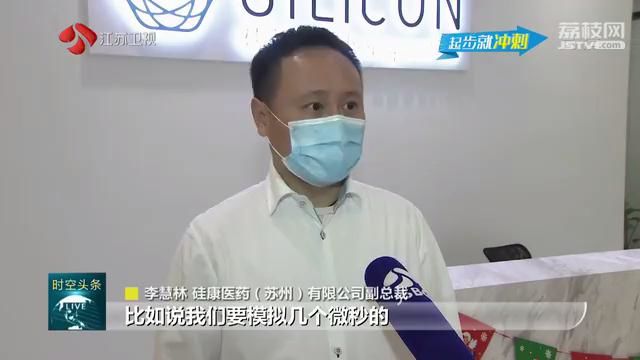
Li Huilin, deputy CEO of Silicon Therapeutics Suzhou Co. Ltd
"For example, if we want to simulate a few microseconds of this molecular process,it will take a few days if we use a normal computer.Now we can quickly start some experimental projects through the cooperation with the Suzhou Supercomputing Center."
Since its official operation in March, Suzhou Supercomputing Center has served and supported enterprises in many fields such as artificial intelligence, biomedicine, nanotechnology, and intelligent manufacturing.
During the epidemic prevention and control period, many biopharmaceutical companies and online education platforms have achieved growth through the help of the Supercomputer Center.
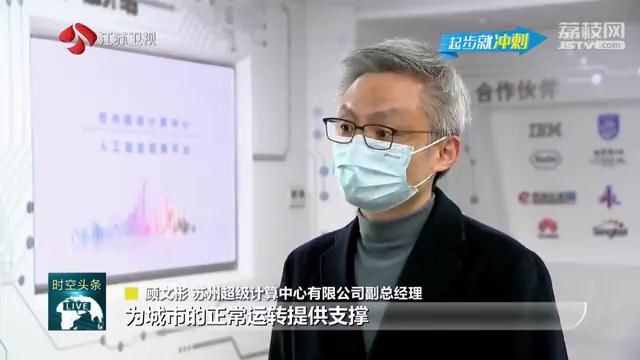
Gu Wenbing, Deputy General Manager of Suzhou Supercomputing Center Co., Ltd.
"For example, the brain of the Suzhou smart city needs a supercomputing platform to provide services and support the normal operation of the city.At present, our investment in artificial intelligence supercomputing platforms is ranked in the top three in the country."
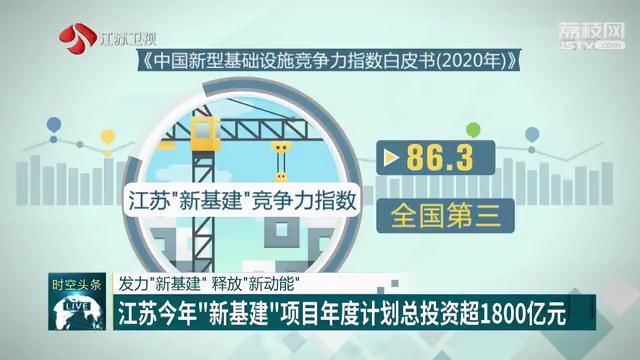
The Suzhou Supercomputing Center reflects the recent progress of Jiangsu's investment in new infrastructure which ranks the third in the country with a competitiveness index of 86.3.
From 5G infrastructure, UHV, new energy, to big data centers, artificial intelligence, cloud computing, new infrastructure projects in Jiangsu include strategic emerging projects dedicated to complementing the strong chain, and independent project focusing on breakthroughs in core technological innovation.
The Purple Mountain Future Network Laboratory, which was established more than a year ago, is now targeting the increasingly prominent enterprise cloud computing and industrial Internet needs this year, seizing opportunities in the Internet industry, accelerating output, incubating 5G communications, future network and other technologies to empower the entire industry application.
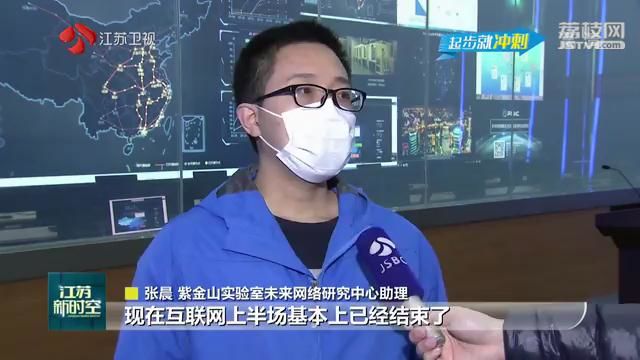
Zhang Chen, assistant, Purple Mountain Future Network Laboratory
"In the next 10 years,we will make some key technological breakthroughs and strive to achieve the future technological leadership of the Internet."
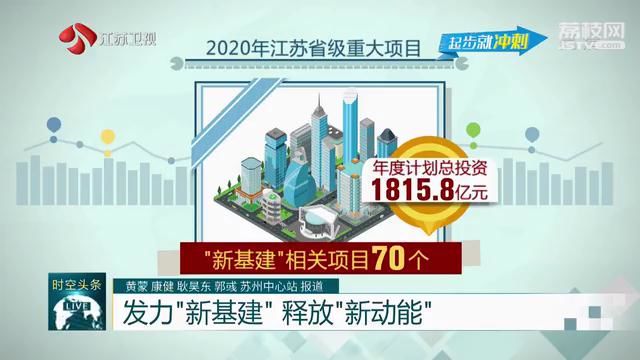
In 2020, Jiangsu plans to start 70 new infrastructure projects, with a total investment of 181.58 billion yuan. In one case, the province has fulfilled 22% of the investment in 5G communication projects such as wireless Jiangsu.
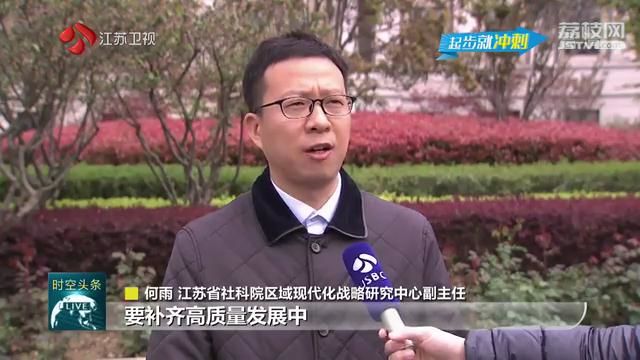
He Yu, Deputy Director, Regional Modernization Strategy Research Center, Jiangsu Academy of Social Sciences
"The new infrastructure will complement the lack of high-quality infrastructure for the development of the new economy.Known for its manufacturing industry Jiangsu should use the new infrastructure as an opportunity to develop industrial Internet big data to provide technical support for the real economy,and effectively hedge the downward pressure on the economy so as to focus on fostering economic development in the long run and cultivate new momentum for high-quality development."
China will make a big push to solve the problem that is seriously constraining the development of key software fields and accelerate the development of software-defined networking applications.
More efforts will be made to improve the development of cloud computing, storage, networking, security protection and other cloud services, and encourage more small and medium-sized companies, large firms, government agencies and financial institutions to use cloud services.
Unlike traditional infrastructure, such as railways, highways and airports, new infrastructure is a new round of digital infrastructure, involving a number of key areas, such as data centers.
(source:ourjiangsu.com)





